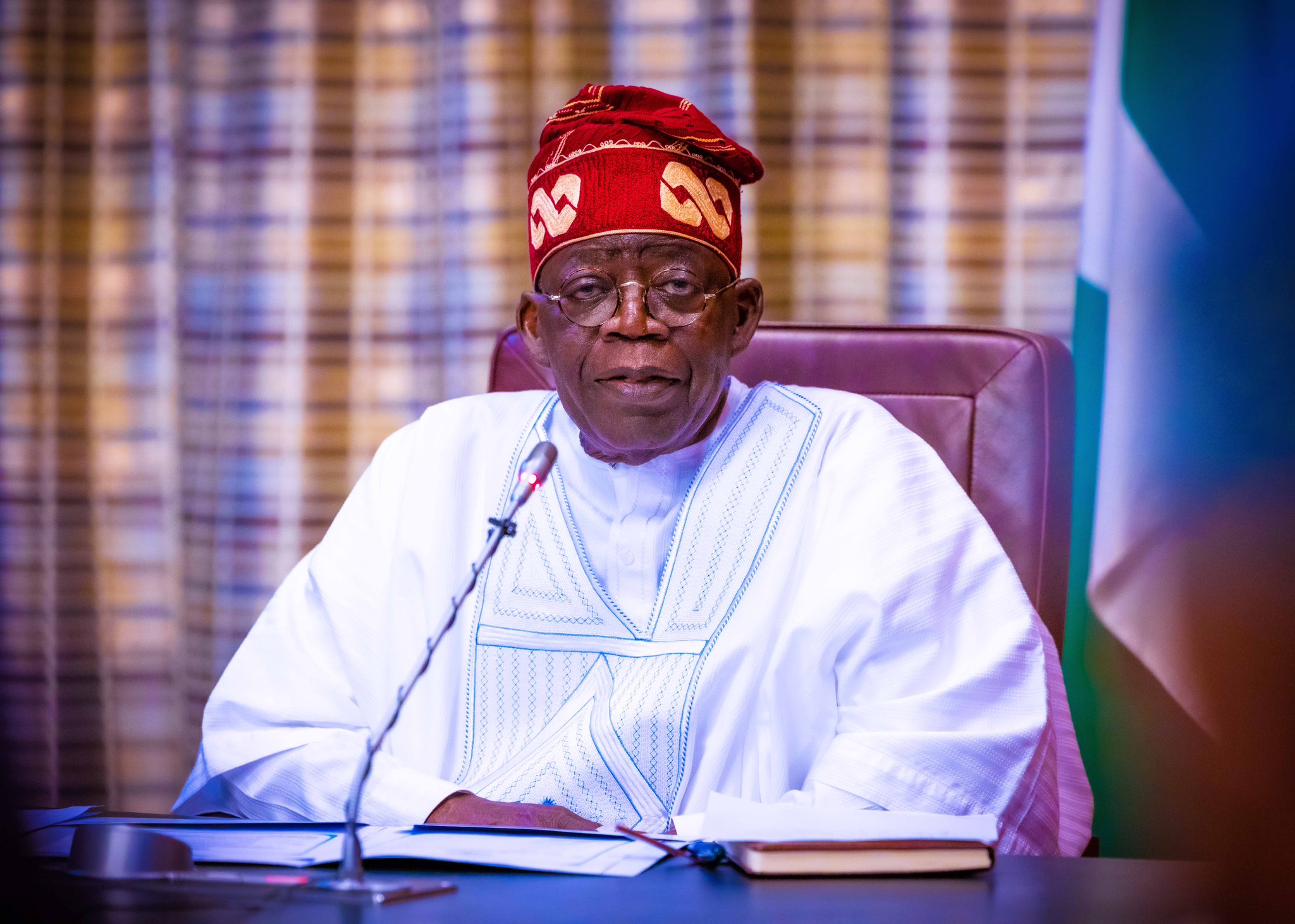VANGUARD
Anger, frustration, and despondency were the situation yesterday, as Nigerians woke up to yet another steep increase in the price of Premium Motor Spirit, otherwise known as petrol.
From Lagos, Ogun, and Edo in the South West and South-South to Niger, Borno and Zamfara in the north, it was all tales of woe by motorists and commuters.
While the price in Lagos shot up from N488 per litre at petrol stations owned by Nigeria National Petroleum Company, Limited, NNPL, to N568, it rose as high as N617 per litre in Abuja and another northern state from N540.
The Group Chief Executive Officer of NNPCL, Mele Kyari, blamed market forces for the increase, while the Borno State chapter of the Independent Petroleum Marketers Association of Nigeria, IPMAN, expressed concern over the latest increment.
It noted that the living standards of the people would nosedive, especially with the government not providing the necessary palliatives to cushion the effects of subsidy removal.
While the Nigeria Employers Consultation Association, NECA, in its immediate reaction said local refining of crude oil remained the only way out for Nigeria, the Nigeria Labour Congress, NLC, contended that the latest increase in the price of petrol would further impoverish the people.
Checks by Vanguard yesterday indicated that each operator is allowed to change price, based on its cost elements, under the present deregulation.
It also showed that the dwindling value of the naira has put pressure on fuel importers, including NNPC Limited, as well as major and independent marketers.
The National Operations Controller of IPMAN, Mike Osatuyi, said: “It is not about the NNPC Limited, it is about the market fundamentals. Every marketer stands alone with its different cost elements.
‘’The low value of the naira is currently impacting the market., it is now more than N800 to a dollar. This is why the market is responding this way. It has to spread because as operators, our price depends on our cost.
“Even though some importers have been able to import the product, it cannot be cheap because it is based on the current market fundamentals, especially foreign exchange. The public should also know that importers source their foreign exchange from the banks at the current rate.’’
READ THE FULL STORY IN VANGUARD



